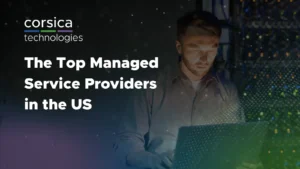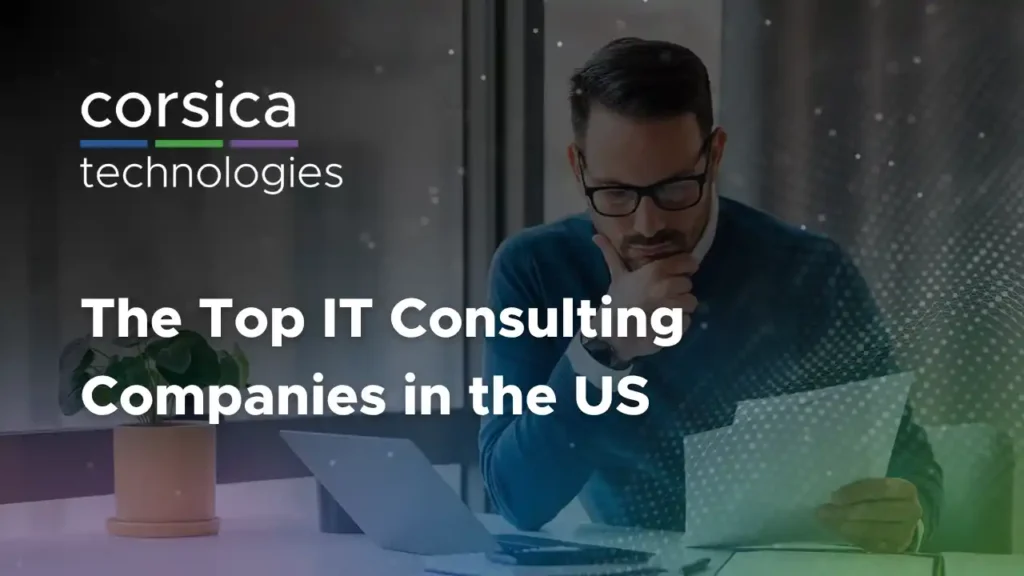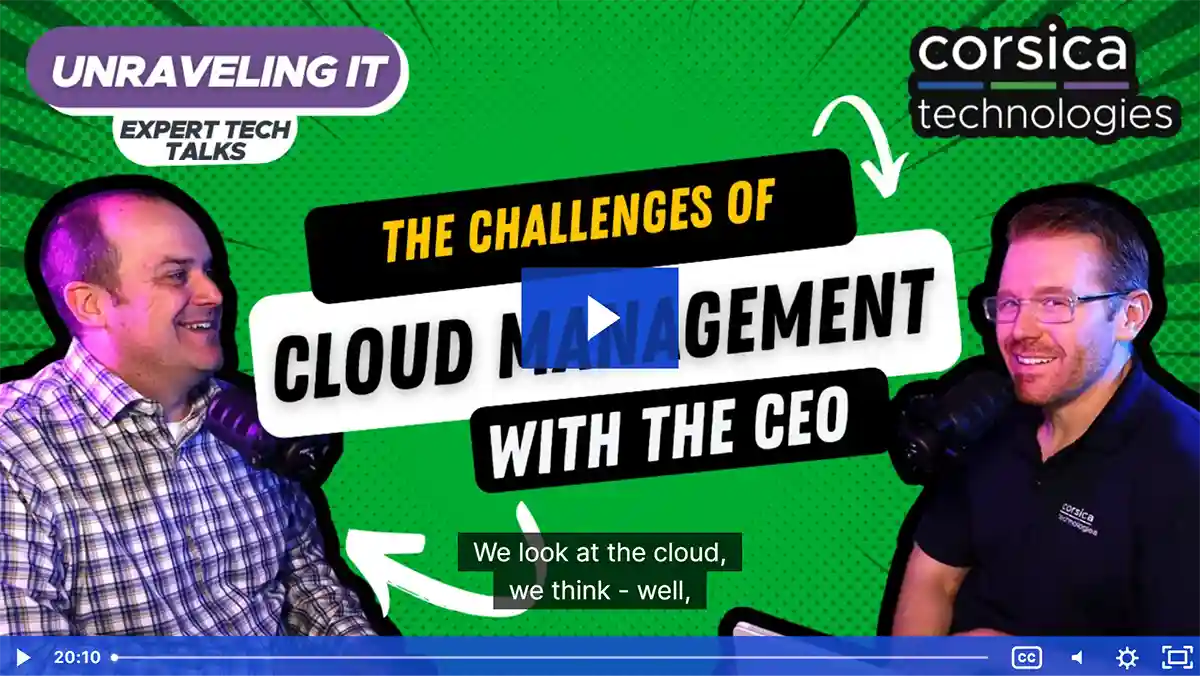Cloud network security in a nutshell
Since cloud networks are internet-accessible by design, they require unique cybersecurity controls. Here are some of the common cloud security risks addressed by managed services.
- Account hijacking. Internet accessibility comes with a unique risk of account hijacking. Cloud security services include managing user access, enabling MFA, and monitoring logs for suspicious activity.
- Zero-day vulnerabilities. Cloud systems are constantly updated to introduce new features, address bugs, and fix security issues. However, there’s always the possibility that a zero-day vulnerability (an unknown weakness not yet exploited by hackers) will occur in a new release. Cloud security requires managing and monitoring systems for unusual traffic and responding quickly if a zero-day vulnerability is discovered.
- Insecure APIs. APIs (application programming interfaces) provide the connective tissue between cloud systems (and between cloud and on-premises systems). If they aren’t kept up to date and secure, they can provide an entry point to a cloud system for a hacker.
- Malware. If a threat actor gains access to a cloud system, they can install malware that deletes data, encrypts a system and holds it for ransom, and more.
- Data loss. Not all cloud systems come with built-in backup processes. Even those that do may not have the best backup capabilities out of the box. This is why backup and disaster recovery services are an essential part of cloud system management.
- Insider threats. It’s difficult to detect a malicious inside actor before they execute an attack. However, adhering to the principle of least privilege can help mitigate insider threats against cloud systems. This means making sure that every user has only the permissions they need—nothing more.
- Non-compliance with regulation. Depending on your industry, you may have to comply with cybersecurity regulation—and your cloud systems may or may not be compliant out of the box. Typically, you’ll need a managed service provider to address cloud security from the perspective of regulatory IT compliance.
- Default configuration. Cloud systems rarely come with optimized security configurations out of the box. They usually need a thoughtful look and configuration from cloud security experts. This ensures that your systems are as secure as possible.
Cloud network security measures seek to mitigate these risks (and more). While it’s impossible to achieve 100% bulletproof cloud security, the right managed services partner can ensure your network is protected and monitored in alignment with the latest in best practices.
Ideally, you should find a partner who not only provides cybersecurity alerts, but actually contains threats rather than passing the buck. The holy grail here is a provider who offers a guarantee covering the cost of their services for remediation. Learn more here: Corsica’s Cybersecurity Service Guarantee.
Multi-cloud security
A multi-cloud architecture is one in which a company hosts interconnected systems among multiple public cloud vendors, creating a single cohesive architecture. As you can imagine, this introduces some unique cybersecurity requirements!
Here are the most common challenges in multi-cloud security.
- Access management. How do you ensure that every user account access across multiple public cloud providers? The more providers you work with, the more difficult it is to keep track of user permissions. This is one area where a cloud managed services provider really excels. They can manage user access for you, ensuring every account has the appropriate permissions.
- Incident detection and response. How do you monitor every cloud system in real time? If that’s not hard enough, how do you detect an incident on any cloud system—and then respond? Solutions like managed SIEM (security information and event management) and MDR (managed detection and response) give your cloud technicians visibility into your entire architecture, even if you’re working with multiple cloud providers. For organizations that don’t have the staffing resources to handle this, a managed service provider can provide the necessary expertise at a highly affordable cost.
- Misconfigured settings. It’s a common myth that cloud systems are “secure enough” out of the box. While cloud systems come with robust security capabilities, you really have to get your configurations right for your business and your users. A managed service provider knows the ins and outs of cloud security best practices. They can connect those recommendations with the requirements of your industry and your operations.
- Regulatory compliance. Depending on your industry and what type of information you handle, there may be regulation that applies to your multi-cloud architecture. It’s essential to understand what this regulation means for your organization. A cloud consultant can ensure that you’re managing your cloud systems in a way that’s compliant.
- Managing multiple vendors. Any time you introduce redundancy into systems and operations, new security risks can arise. There’s simply more to keep track of. A cloud services provider can manage your vendors on your behalf, optimizing your usage and security while getting you the best price (more on that below).
Hybrid cloud security
A hybrid-cloud architecture is one in which systems are hosted with a mixture of cloud and on-premises delivery, or a mixture of public and private cloud. (The term “hybrid cloud” is used for both, even though they’re a little different.)
In both cases, hybrid cloud security comes with the same challenges as multi-cloud (see above)—plus several unique challenges.
1. Complexity. On-premises architecture comes with its own challenges—and so does cloud hosting. Once you start mixing these two models, your security management becomes that much more complex. Add the fact that you need different skillsets handling cloud and on-premises, and it’s challenging to manage hybrid cloud security in-house. This is one of the biggest reasons midmarket firms choose a managed provider to help.
2. Lack of comprehensive cybersecurity visibility. With a mix of cloud and on-premises systems, it’s far more difficult to get a complete picture of your attack surface. Solutions like SIEM and MDR are essential, yet most midmarket organizations don’t have the staff resources to monitor and respond to the threats that these solutions detect. This is one important area where a cloud managed services provider can help.


















